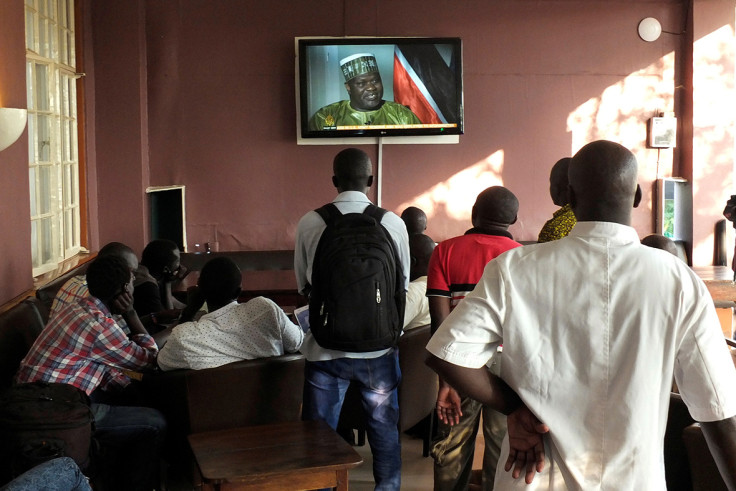South Sudan: Peace process needs Riek Machar's reinstatement as vice-president, says Africa Union
Machar replaced with Taban Deng Gai after he went into hiding following Juba deadly fighting in July.
The African Union (AU) has urged South Sudan's newly appointed vice-president to step down and allow the reinstatement of Riek Machar. Taban Deng Gai, former minister of mining and chief negotiator of the Sudan People's Liberation Movement-in-Opposition ( SPLM-IO), replaced Machar in a move seen by some as an obstacle to a peace deal signed in August 2015.
"The decision encouraging Dr. Riek Machar to re-join the peace process and the commitment by General Taban Deng Gai to step down upon the return of Dr Machar with a view to returning to the status quo ante in line with the Agreement on the Resolution of the Conflict in the Republic of South Sudan (ARCSS)," AU stated in a statement.
South Sudan's conflict erupted in 2013 when President Salva Kiir, of the Dinka ethnic group, fired his deputy Machar, from the Nuer group, and his cabinet.
Ethnic-related violence then spread, with militia groups carrying out attacks in villages and areas known to be inhabited by either the Dinka or Nuer tribes. More than 10,000 people have been killed amid allegations of crimes against humanity committed by both sides, including rape, torture and use of child soldiers. At least two million people have also been displaced.

Machar's return to South Sudan and his reinstatement as vice president in April had restored hopes for the implementation of a peace process signed in August 2015. However, tensions have been running high since his return.
South Sudan conflict explained
In July, Machar went into hiding following deadly fighting that left at least 300 people dead in the capital Juba.
He accused government forces of opening fire on his troops, and said he would return to the capital once a third party force was deployed to ensure his and his officials' safety.
The South Sudanese government has been urged by the international community and Uganda, a key ally of Kiir, to accept more peacekeepers in the country, in a plan backed by the AU. However, the government opposed the plan, with the South Sudanese envoy to the UK telling IBTimes UK in an exclusive interview the country does not want "to be meddled with by foreign troops".
August 2015 peace deal: The key points
- Both parties commit to immediate cessation of violence
- Machar to be reinstated as vice president
- Foreign troops to be withdrawn
- Military personnel in Juba to be replaced by police and guards
- Creation of transitional government that will stay in power for 30 months
- Presidential elections to be held 30 days before end of transitional government mandate
- Probe into abuses committed during conflict (for the full document, click here)
© Copyright IBTimes 2025. All rights reserved.






















